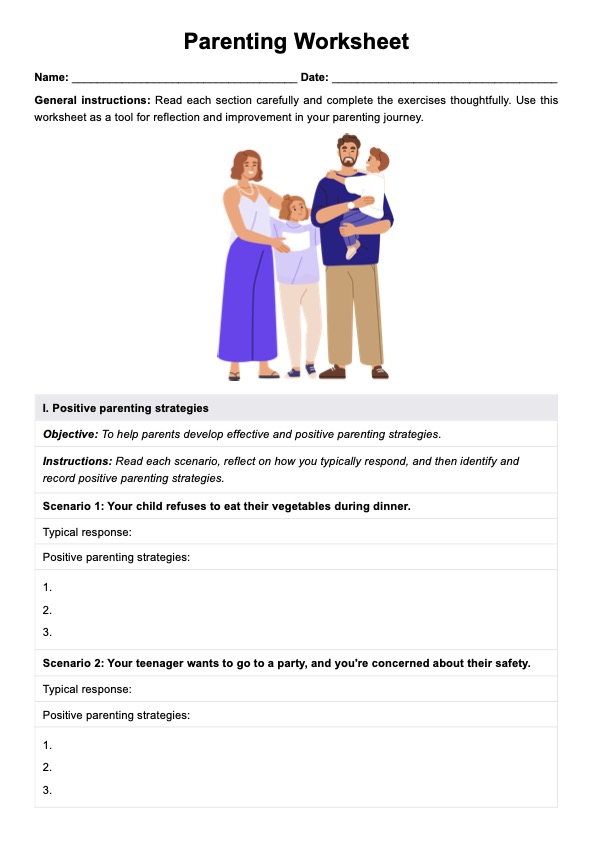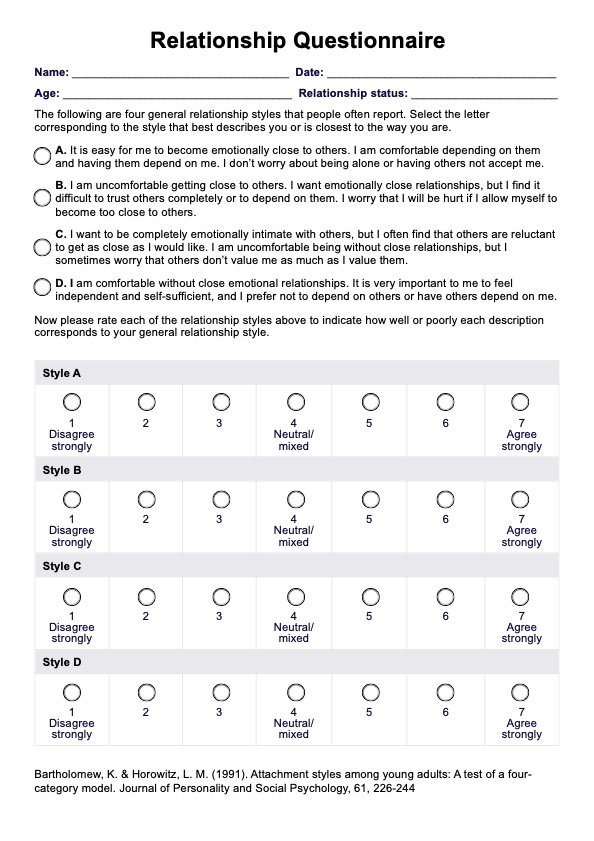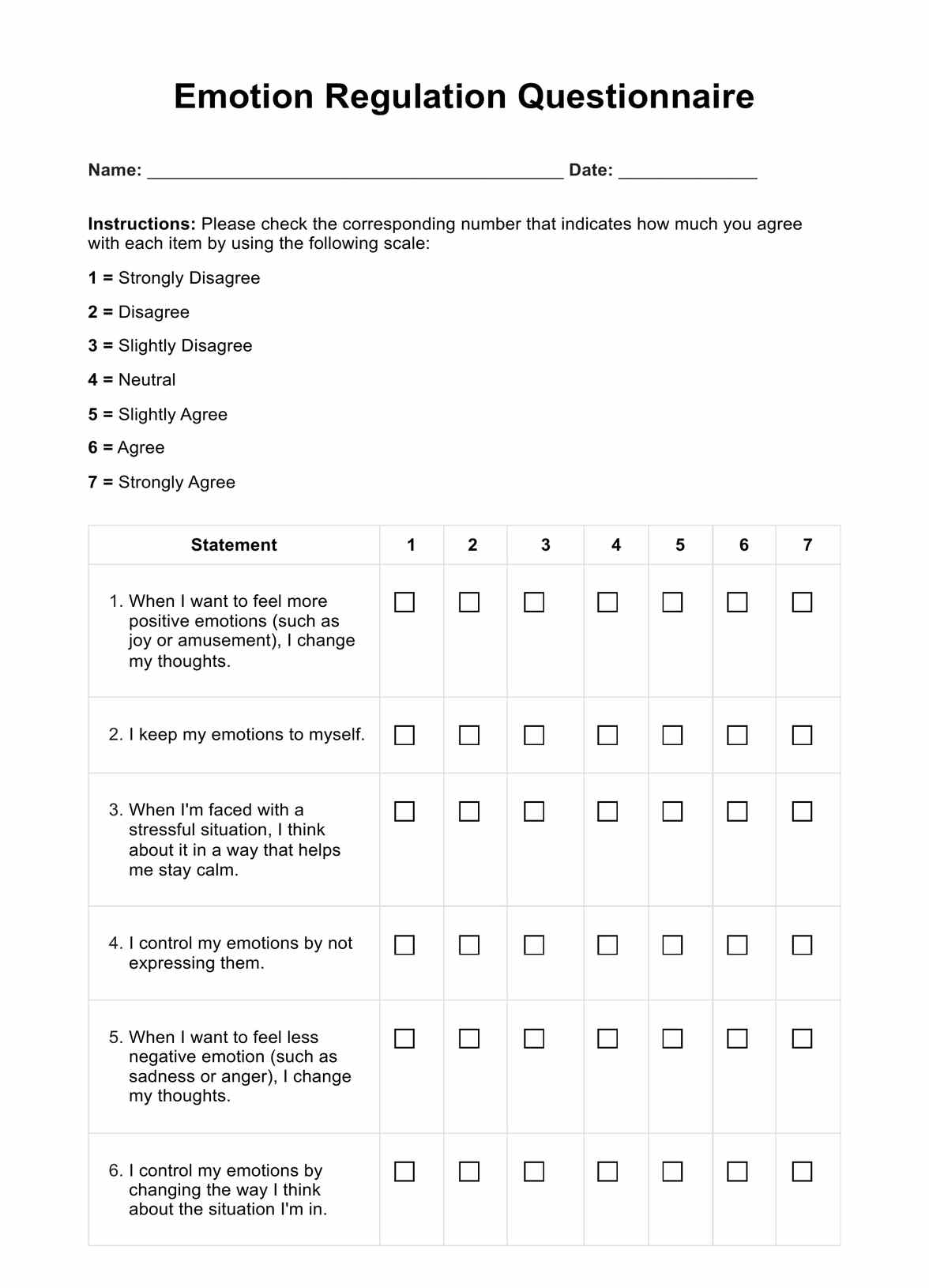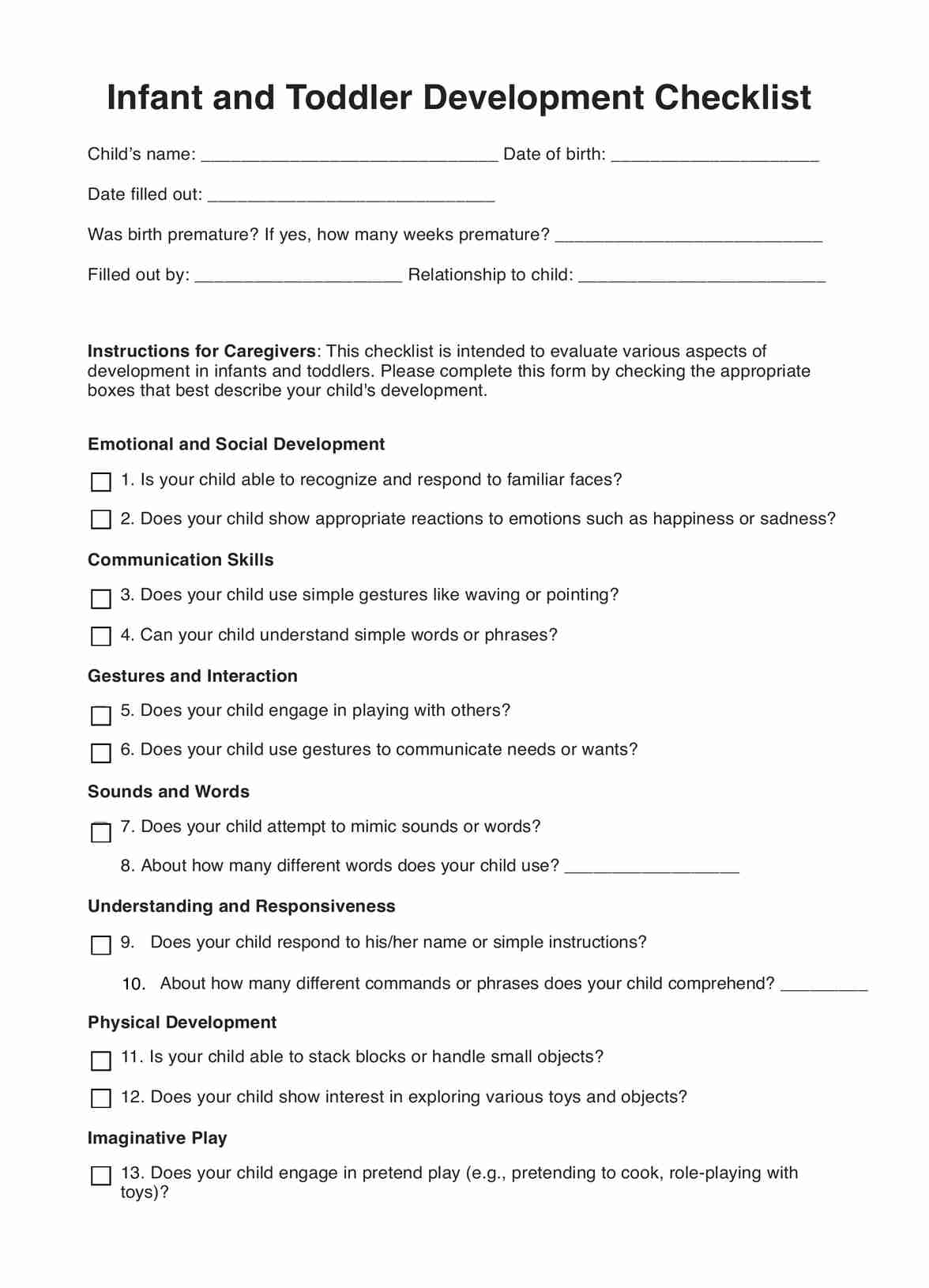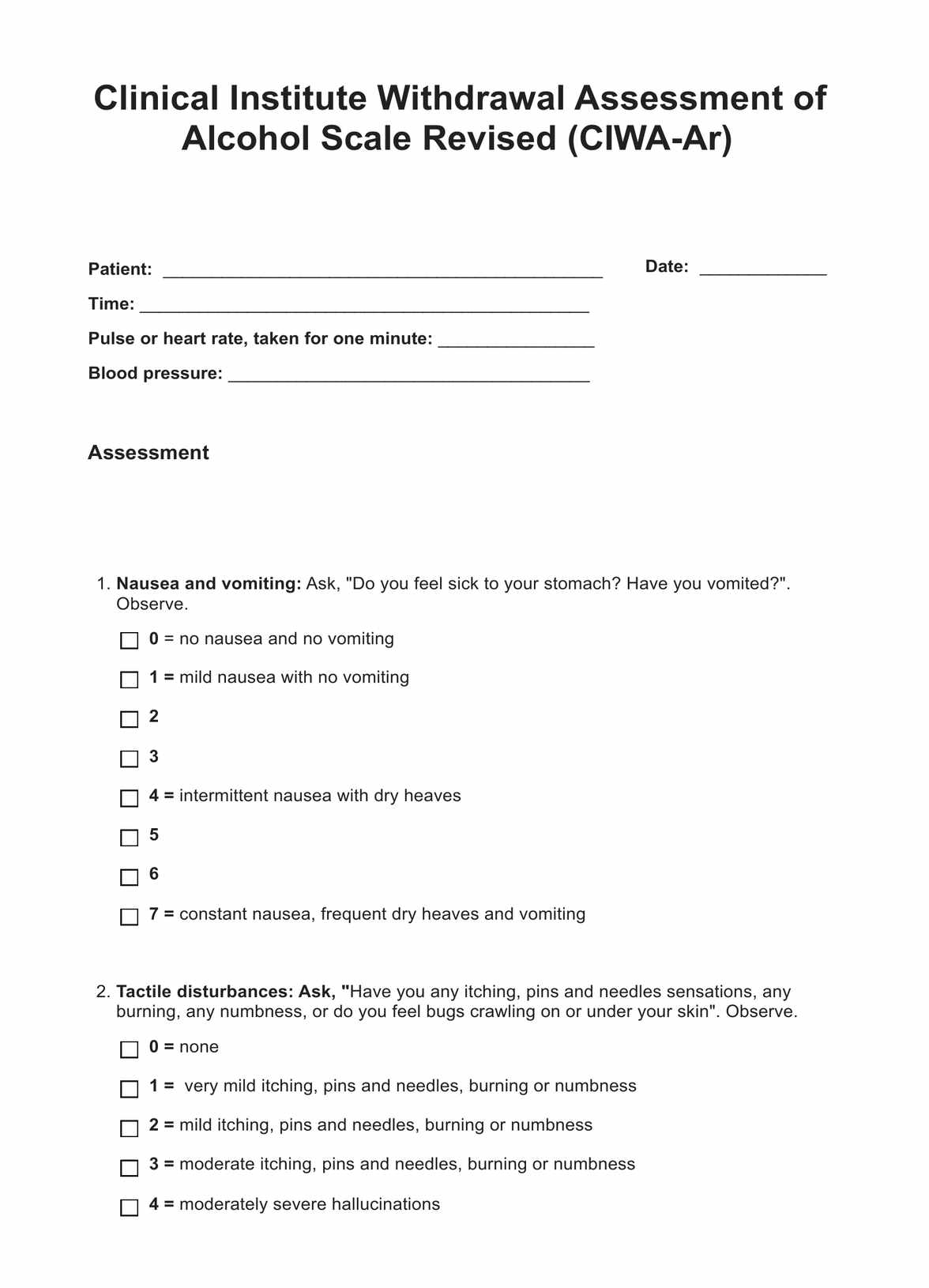Jungian Personality Test
Download this Jungian Personality Test to assess an individual's underlying psychological types, as defined by Carl Jung.


What is Jungian psychology?
Jungian psychology, founded by Carl Jung, delves into the depths of the human psyche to explore its complexities and innate potential. At its core, Jung's theory emphasizes the importance of individuality and the personal quest for wholeness. It introduces concepts such as the collective unconscious, archetypes, and psychological types, offering a rich framework for understanding human behavior and personality dynamics. Jungian psychology seeks to bridge the conscious and unconscious realms of the mind, facilitating personal growth and self-realization.
Jungian Personality Test Template
Jungian Personality Test Example
What are the theories that inform Jungian psychology?
Jungian psychology is informed by several key theories and ideas that together construct a comprehensive view of the human psyche:
The theory of the collective unconscious
At the heart of Jungian psychology lies the theory of the collective unconscious, a groundbreaking concept introduced by Jung. He posited that beyond the personal unconscious, filled with forgotten or repressed individual experiences, a deeper layer exists shared among all humans. This collective unconscious is not acquired but inherited, containing the universal archetypes that are the psychic counterpart of instinct. These archetypes, such as the Shadow, the Anima and Animus, and the Self, are manifested through dreams, fantasies, and myths, influencing our behaviors and shaping our collective and personal narratives.
Archetypes
Archetypes are the core components of the collective unconscious, acting as psychic blueprints for human thought and behavior. These universal, inherited patterns are not consciously known but influence our lives profoundly. Archetypes manifest in literature, art, religion, and dreams, revealing commonalities shared across human cultures. Jung identified several primary archetypes, including the Persona (the mask we present to the world), the Shadow (our darker, unconscious self), the Anima and Animus (the feminine aspect within men and the masculine aspect within women, respectively), and the Self (the unification of consciousness and unconsciousness in an individual).
Psychological types
Jung's theory of psychological types introduced the idea that individuals could be categorized based on their preferred ways of perceiving the world and making decisions. He distinguished between two perceptive functions (sensation and intuition) and two judging functions (thinking and feeling), which combine with attitudes of introversion and extraversion to form various psychological types. This theory laid the groundwork for the Myers-Briggs Type Indicator (MBTI), a widely used personality assessment tool.
The process of individuation
Individuation is the process of becoming aware of oneself, integrating the conscious and unconscious aspects of the person and psyche, and developing a unique, individual identity. It is considered the central process of human development in Jungian psychology. Through individuation, an individual can achieve self-realization and wholeness, acknowledging and incorporating the shadow aspects of the self and realizing the potential of their archetypes.
Synchronicity
Jung's theory of synchronicity challenges the conventional notions of causality, proposing that events are connected through meaning rather than cause and effect. Synchronicity occurs when an external event coincides with an internal state or thought in a meaningful way to the individual despite the lack of a causal connection. This concept suggests a deeper, underlying order to the universe, where the psyche and the material world are interconnected.
Together, these theories offer a rich tapestry for understanding the complexities of the human psyche, providing valuable insights into our behaviors, feelings, relationships, and the symbolic dimensions of our lives. Jungian psychology continues to influence various fields, including psychology, art, literature, and spiritual studies, offering a profound framework for exploring the depths of human experience.
What are Jungian Personality Tests?
Jungian personality tests are psychological tools designed to assess an individual's underlying psychological types, as defined by Carl Jung. These tests aim to identify patterns in thinking, feeling, and behaving, offering insights into one's personality structure. By understanding their Jungian type, individuals and organizations can better understand their innate preferences, potential areas for growth, and how they relate to others.
What are examples of Jungian Personality Tests?
- Myers-Briggs Type Indicator (MBTI): Perhaps the most well-known application of Jung typology, the MBTI categorizes individuals into 16 distinct personality types based on four dichotomies: Introversion/Extraversion, Sensing/Intuition, Thinking/Feeling, and Judging/Perceiving.
- Jung Personality Test: A direct application of Jung's theory, this test assesses individuals based on the psychological types outlined by Jung, offering insights into one's dominant way of perceiving and judging the world.
- Free Jung Personality Test: Available online, these free personality tests provide a quick and accessible way for individuals to explore their Jungian type without cost. However, these free tests are not as comprehensive as their paid counterparts; users usually have to get past a paywall if they want more insight into their results.
- Socionics: A theory and set of tests derived from Jungian principles, focusing on information metabolism and intertype relations.
- Keirsey Temperament Sorter: While not exclusively Jungian, this test builds on Jung's typology to categorize individuals into four temperaments, each with two roles.
What are the benefits of taking a Jungian Personality Test?
Taking a Jung Test can offer profound benefits, with possibilities including:
Deepened self-understanding
One of the most significant benefits of taking a Jungian Personality Test is the profound self-understanding it facilitates. By identifying your psychological type, you gain valuable insights into your core preferences, motivations, and ways of interacting with the world. This understanding allows you to recognize why you think and behave in certain ways, clarifying your innate strengths and potential areas for growth. It’s a process that encourages introspection and self-acceptance, helping you to appreciate your unique qualities and how they contribute to your personal and professional life.
Improved relationships
Understanding the dynamics of your Jungian personality type can dramatically improve your interactions and relationships with others. Recognizing the diversity in personality types allows you to develop greater empathy and patience for differing viewpoints and behaviors. This awareness fosters healthier communication and stronger connections as you learn to appreciate the unique contributions of each individual. This enhanced understanding can lead to more harmonious and fulfilling interactions in personal relationships, the workplace, or social settings.
Personal development
The insights gained from a Jungian Personality Test can be a powerful tool for personal development. By highlighting your psychological preferences, the test can guide you in exploring new ways to grow and challenge yourself. It can reveal unexplored areas of interest or untapped potential, encouraging you to step out of your comfort zone and engage in activities that foster growth. This process of self-discovery, learning and development can lead to a more balanced and enriched life.
Career guidance
Choosing a career path that aligns with your innate preferences and strengths is crucial for long-term satisfaction and success. A Jungian Personality Test can provide valuable guidance in this area, suggesting careers that match your personality type. By understanding the environments in which you thrive, you can make informed decisions about your future career direction, leading to greater fulfillment and productivity in your professional endeavors.
Enhanced team dynamics
In organizational and team settings, the diversity of personality types can be both a strength and a challenge. A Jungian Personality Test can help understand this diversity, improving team dynamics and collaboration. By recognizing team members' varied strengths, preferences, and communication styles, leaders can allocate roles and responsibilities more effectively, fostering a more cohesive and productive team environment. This understanding can also aid in conflict resolution, as team members learn to appreciate different perspectives and work together towards common goals.
Taking a Jungian Personality Test offers many benefits beyond curiosity about one’s personality type. It’s a tool for deepening self-awareness, enhancing relationships, driving personal and professional development, and improving team dynamics. By embracing its insights, individuals can embark on a path of continuous growth and fulfillment.
Commonly asked questions
Therapy assessments, including Jungian tests, focus on understanding the individual's psyche for therapeutic purposes, unlike some assessments that may aim for diagnosis or cognitive evaluation.
Questions typically explore an individual's emotional, cognitive, and behavioral patterns to understand their personality and psychological functioning.
Be thorough, empathetic, and clear. Focus on the individual's experiences, strengths, and areas for growth, providing actionable insights and recommendations.

.jpg)
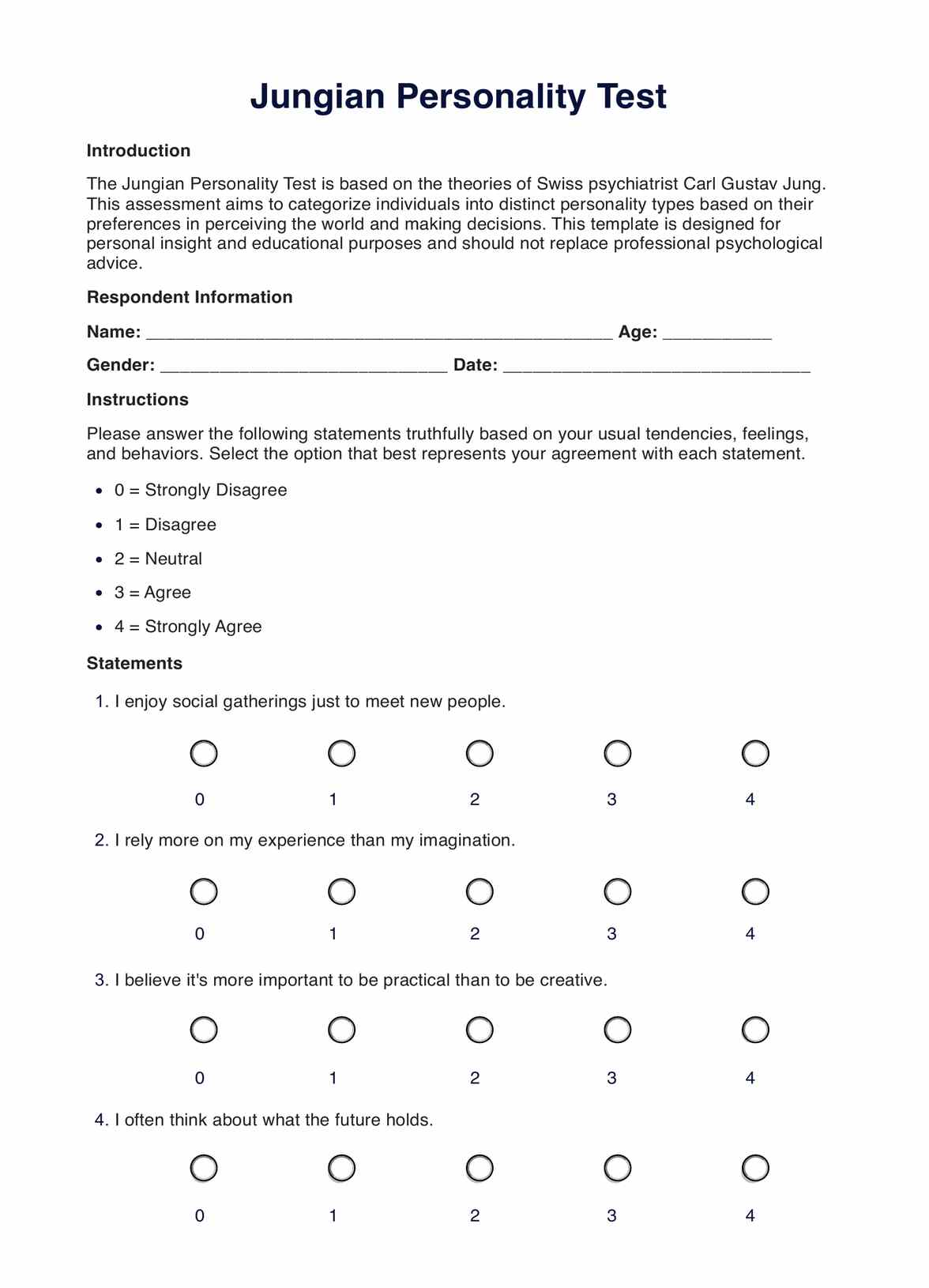
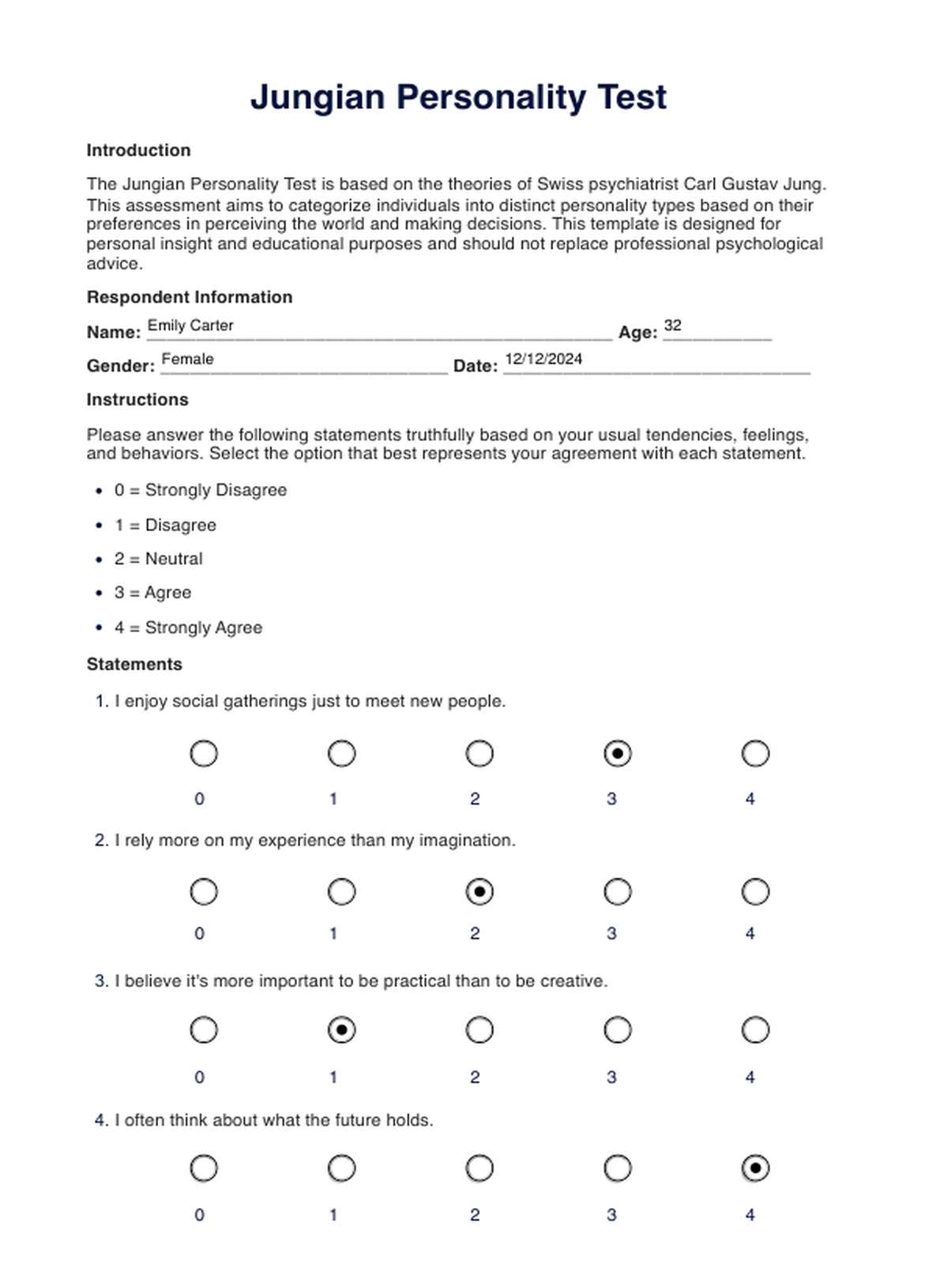

















-template.jpg)



















































































